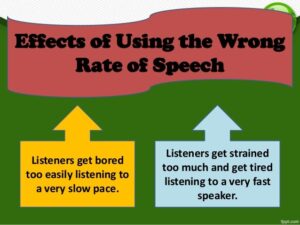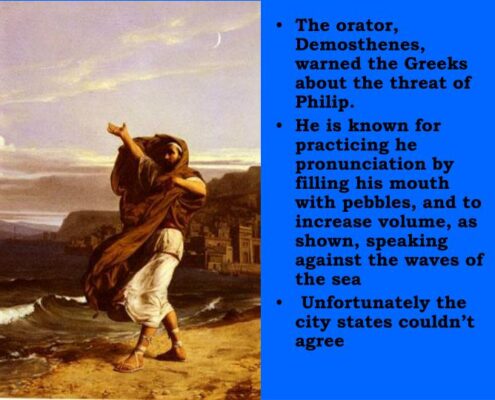Pace Is Important For The Preacher
Pace Is Important For the Preacher
In the last post we looked at the need to vary the pace of your sermon. Pace is important for the preacher who wants to keep the attention of the people. Here are some more suggestions about pace of your sermon.
Keep It Short, Stupid
When I was in seminary, the phrase we learned often when we were preparing to preach was this: KISS, or keep it simple, stupid. In most cases, I think we can rework that anachronism to say, Keep It Short, Stupid. In other words, I’ve come to believe that in today’s world (at least where I live), it’s better to keep things shorter, rather than longer. The truth is that sermon length is something that is very much related to culture. For some of you, preaching for 45 minutes to an hour is the norm. I try to keep my Scripture reading and sermon to about 30 minutes.
 Here is how this relates to pace. Recently, I preached a sermon that had too much in it. I used to write out a draft of my sermon, and I knew that at my normal pace, 5 pages of typed manuscript would be about 25 minutes long. I’m not typing out a complete manuscript anymore, and as a result, on that Sunday, I had too much in the message. I found myself talking faster and faster and faster as I watched the clock. I wanted to fit everything in, and there just wasn’t room.
Here is how this relates to pace. Recently, I preached a sermon that had too much in it. I used to write out a draft of my sermon, and I knew that at my normal pace, 5 pages of typed manuscript would be about 25 minutes long. I’m not typing out a complete manuscript anymore, and as a result, on that Sunday, I had too much in the message. I found myself talking faster and faster and faster as I watched the clock. I wanted to fit everything in, and there just wasn’t room.
When I have had the opportunity to mentor others in preaching, one of the things I say to people is this: one of the hardest things to do is figure out what you need to cut out of your message. Your research will yield an overabundance of material. What do you leave out? Be sure to leave out enough that it leaves you time to play with the pace of your sermon.
The Preacher’s Pace is Impacted by Enunciation
One of the greatest orators of history was an ancient Greek philosopher named Demosthenes. As a young man, he  struggled with a speech impediment that made it difficult for him to articulate his words clearly. So he decided to train himself to enunciate. He did this by going to the shore and putting pebbles in his mouth. He would then shout out his speech (remember, no amplifiers in that day). Gradually, he would remove one pebble after another as his enunciation became clearer.
struggled with a speech impediment that made it difficult for him to articulate his words clearly. So he decided to train himself to enunciate. He did this by going to the shore and putting pebbles in his mouth. He would then shout out his speech (remember, no amplifiers in that day). Gradually, he would remove one pebble after another as his enunciation became clearer.
Here is an uncomfortable reality. If people can’t understand you, your sermon won’t have impact. In his discussion about enunciation, Brandon Hilgemann tells the story of the 2016 Presidential Election here in the United States. In the debates, Trump repeatedly used the phrase, “Big League”. However, he didn’t enunciate clearly, and so people thought he was making up a new word, “bigly”. Merriam-Webster reported that they had so many people searching for the definition of “bigly” that they named it one of the top words of 2016. But here’s the point–people didn’t know what he was saying, and so it had little impact. (Preach and Deliver, page 59)
Pace is important for the preacher so slow down and pronounce your words clearly. This will take practice, so practice.
Pace For The Preacher Means Tone Is Important
 Another aspect of speech that affects your pace is the tone that you use. In his book on preaching, Tim Keller says this about the tone that you use:
Another aspect of speech that affects your pace is the tone that you use. In his book on preaching, Tim Keller says this about the tone that you use:
“People get used to the same tone or tenor of voice. It is far more effective when a speaker can move from sweetness and sunshine to clouds and thunder! Let the biblical text control you, not your temperament. Learn to communicate ‘loud’ truth as loud; ‘hard’ truth as hard; ‘sweet’ truth as sweet.” (186)
Sometimes, shouting makes the point well. Sometimes a quiet statement brings people to understanding. Make your tone fit the moment. Being intense at times and happy at others will hold attention. Pace is important for the preacher who wants to impact people.
In the next post we’ll consider the power of the pregnant pause. For now, here is Laura Bergells, speech coach, talking about pace.



